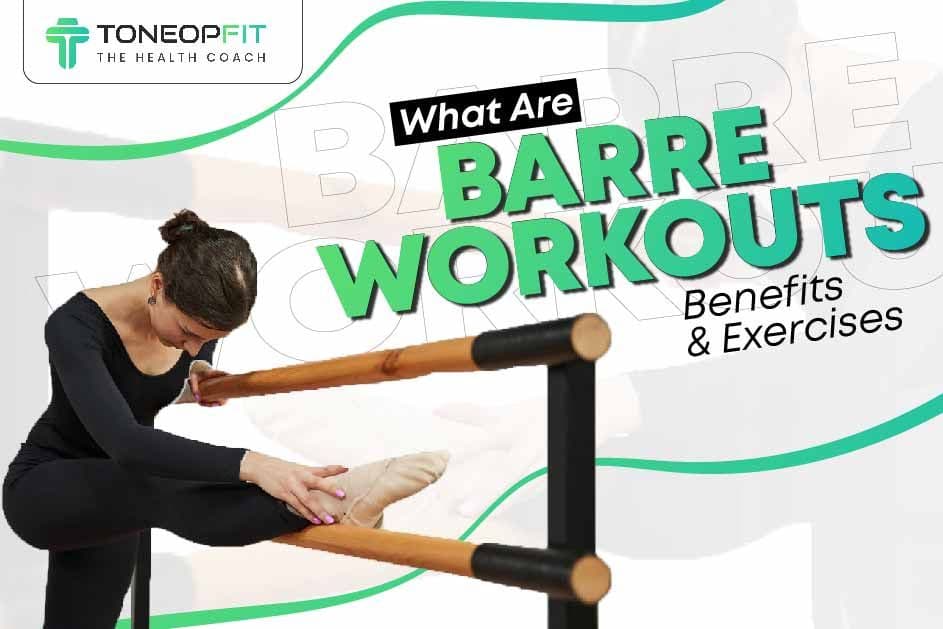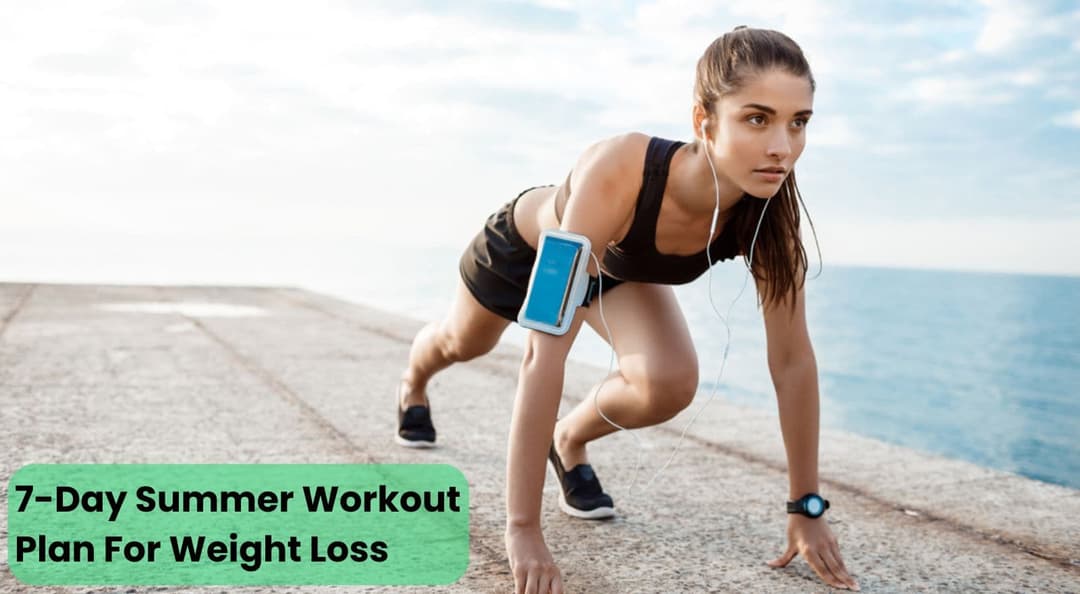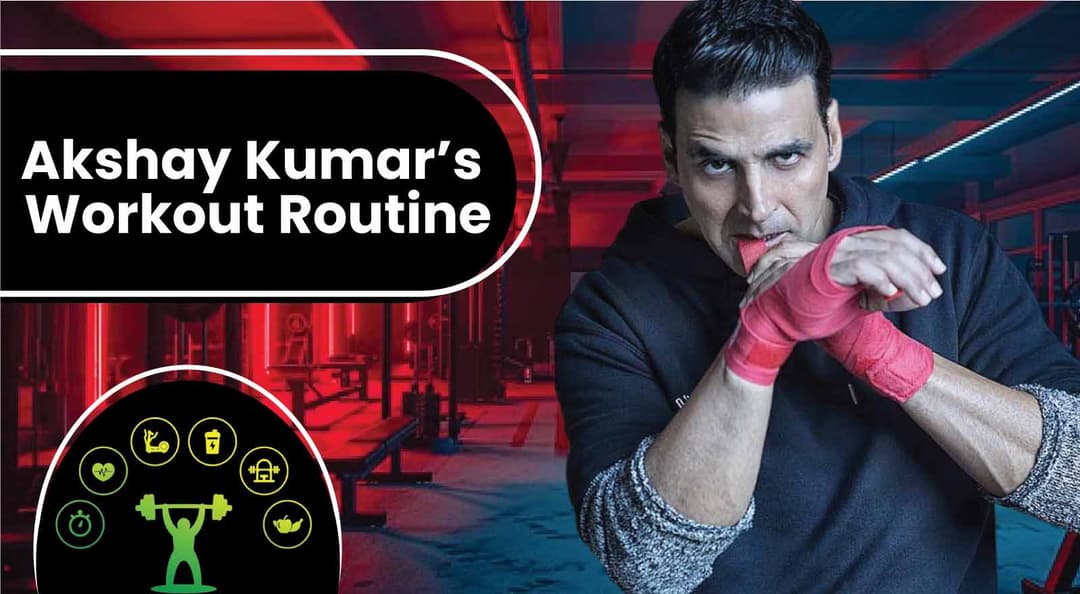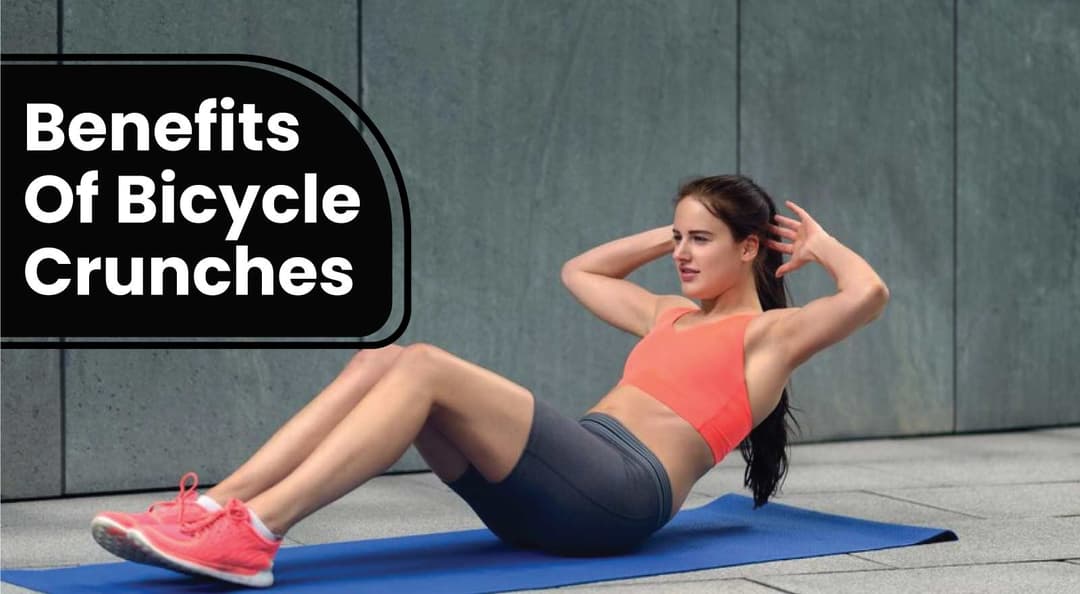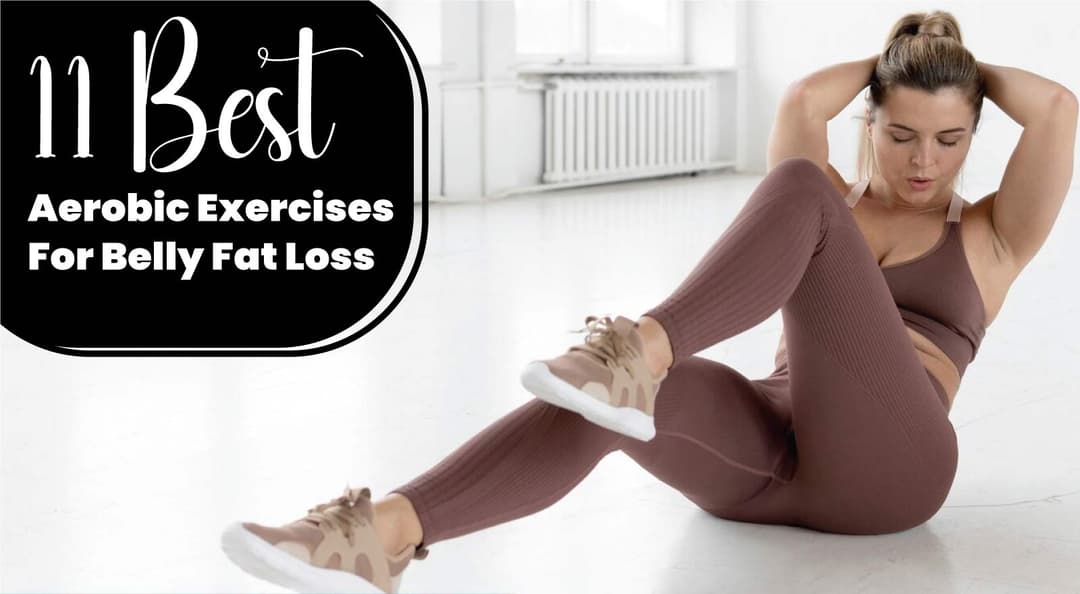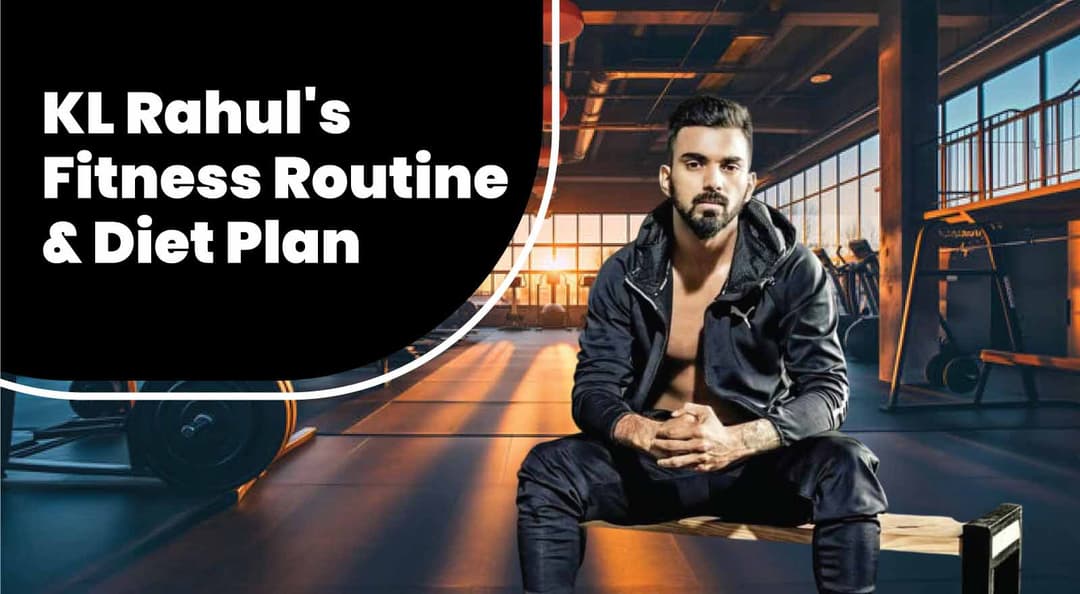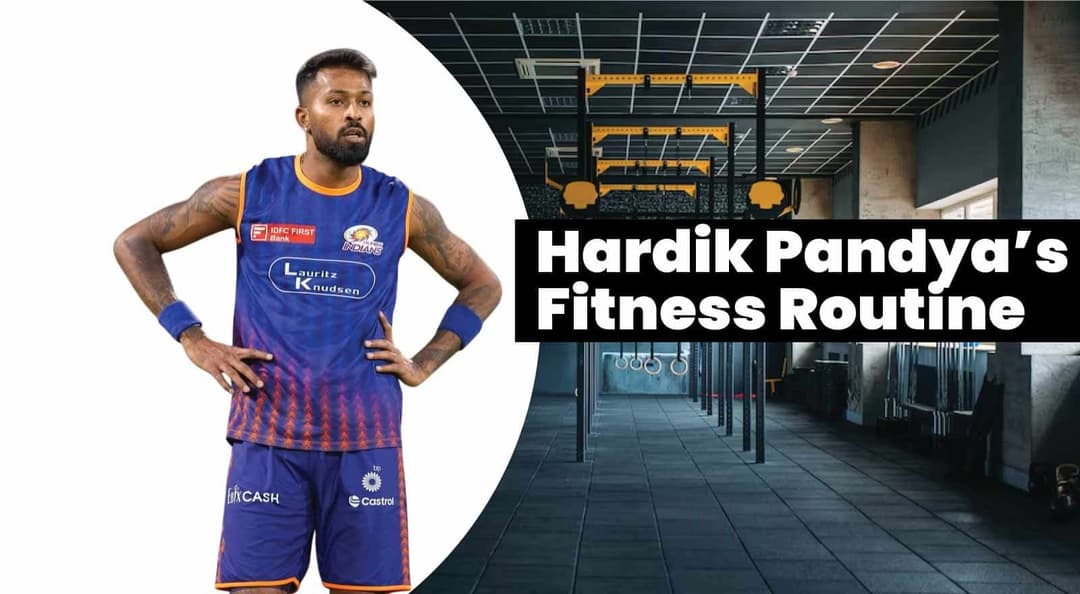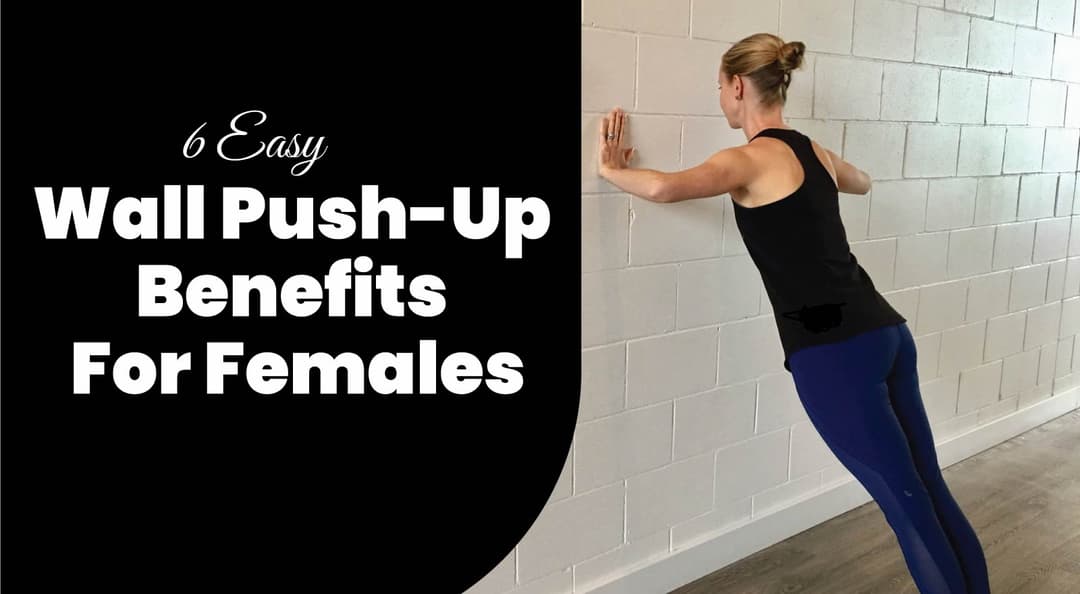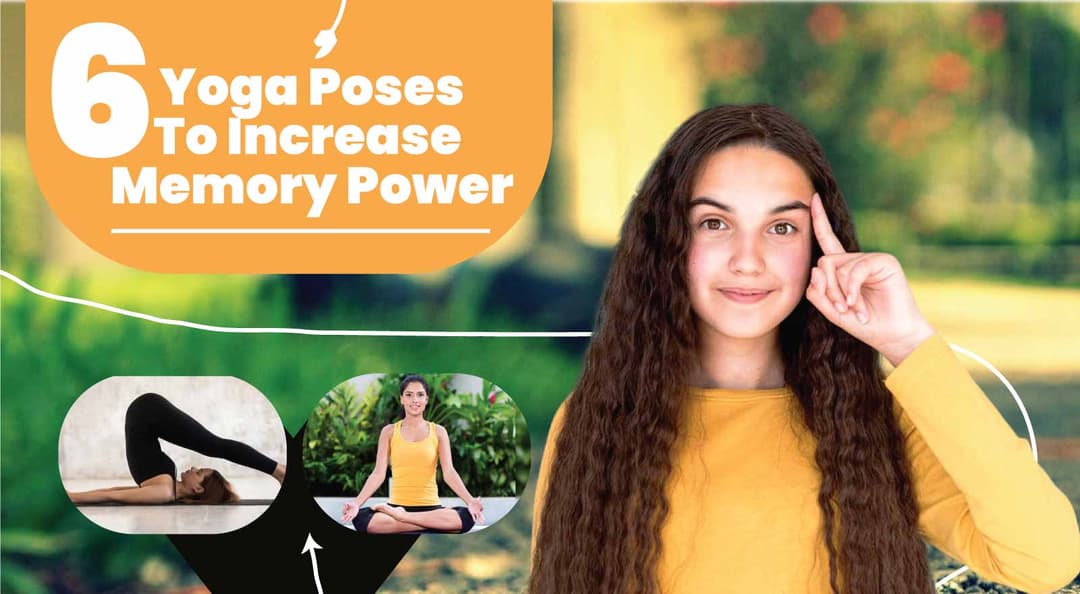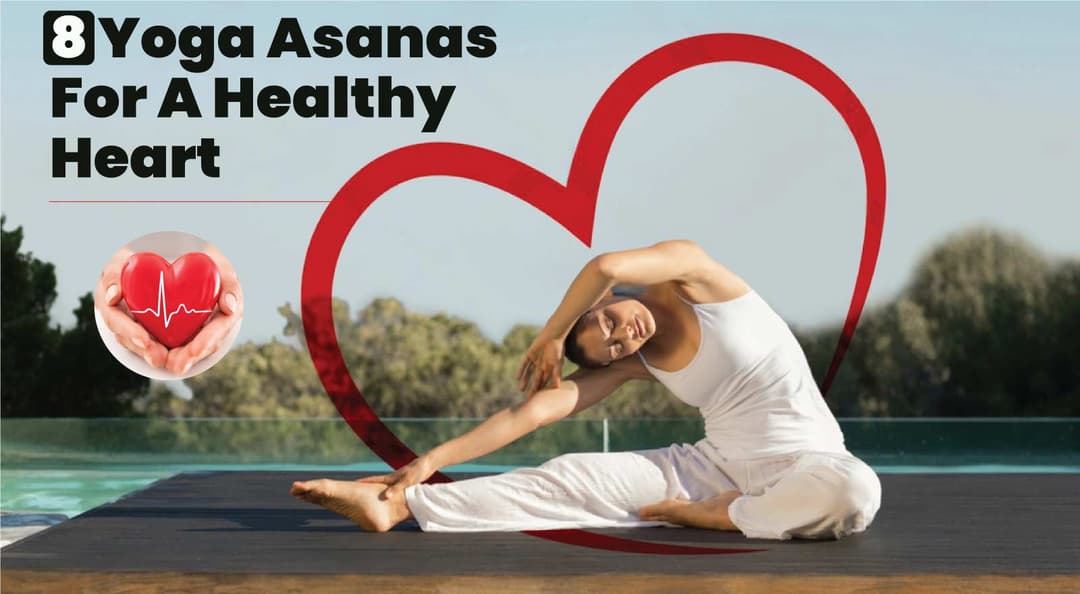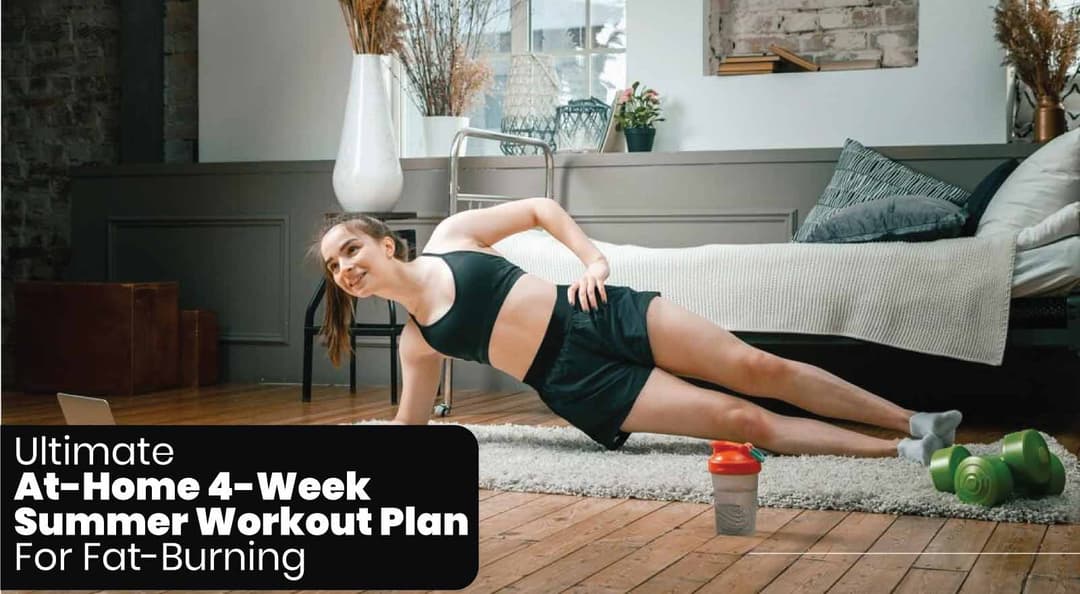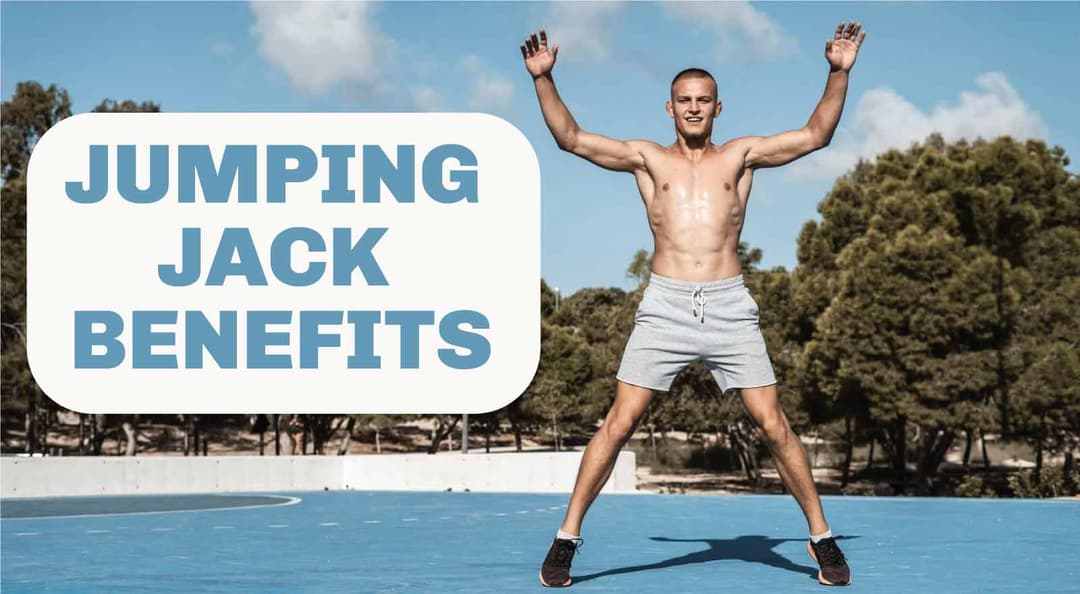Welcome, readers! Are you looking for a workout that tones and strengthens from the comfort of your living room? Barre workouts are ballet-based dance workouts that have soared in popularity over the past five years. They combine a variety of exercises: ballet, Pilates, yoga, and HIIT.
It would be hard not to have heard the buzz about barre workouts, given that barre studios can be found almost anywhere. Maybe you have listened to friends gushing about the intense “burn” they feel during their favourite barre class.
The great thing about barre is that moves are low-impact and don’t require equipment—just a chair or countertop can act as your barre. Are you worried about not having a background in dance? You can put that worry to rest because barre is a great workout for all fitness levels, and no dance experience is required.
Here's a guide to barre straight from seasoned instructors. It includes the ins and outs of barre, what to expect in a barre class, the many physical and mental benefits, and how to add it to your fitness program. Read on to know more!
Table Of Contents
1. What Are Barre Workouts?
2. Benefits Of Barre Workouts
3. Bare Workouts At Home
4. Tips To Stay Safe While Doing Barre
5. Are Barre Workouts Good For Weight Loss?
6. The Final Say
7. FAQs
8. References
What Are Barre Workouts?
Barre workouts combine strength training, dance, Pilates, and yoga elements to create a unique, graceful, and energetic workout. Fueled by upbeat music, they typically incorporate small, isometric movements that sculpt and strengthen the entire body.
It’s a low-impact workout that’s not overly aerobic, so it doesn’t overstress the heart. And because it can be easily modified, it’s a good option for most people.
In fact, the International Sports Sciences Association (ISSA) notes that many find barre more beginner-friendly than yoga and Pilates, as the basic poses are very simple.
Barre classes typically use a wall-mounted barre for support and balance. While some classes use additional props like hand weights, a playground ball, or resistance bands, barre classes rely less on resistance equipment and instead use your body weight as the machinery.
Where Does Barre Come From?
The exercise method known today as barre comes from the Lotte Berk Method, which was created by a German dancer in the 1950s. Berk created a series of exercises that combined physical movements and principles from ballet barre work, rehabilitative therapy, and her own unique movements, Becker says.
The workouts gained popularity not only among dancers but also non-dancers, and when a student of Berk’s opened a studio in New York City in the 1970s, barre was born in the United States.
Once again, fitness fans flocked to this workout. It became wildly popular with sophisticated, elegant, fit female New Yorkers of all ages looking for an injury-free toning workout. Women were addicted to the simplicity and rigour of barre and its unique way of transforming the female body.
Since then, various fitness professionals have adapted barre workouts, creating many different barre fitness programs. Today, barre is a widely practised workout format worldwide, with its foundation still rooted in ballet-inspired movements.
Also Read: 9 Surprising Benefits Of Jump Rope Workout That You Should Know!
Benefits Of Barre Workouts

Here are some of the important benefits of barre workouts that you must know:
1. Reduce Your Stress
Most exercises are known to reduce stress and boost endorphins, but the mind-body connection formed due to barre workouts is unparalleled. When you focus on small muscle movements and maintain your form, your mind doesn't wander.
By lifting onto your toes, squatting, straightening, tucking, and pulsing, barre helps you stay fully present and mindful. Stress tends to dissipate when you are entirely in the moment like that.
2. Improves Overall Strength
Barre is a form of resistance training that helps increase lean muscle mass and strength. Most traditional workouts rely on intensity or external resistance to build muscles, but barre improves strength with volume and repetition.
3. Helps Creating Better Posture
Your upper body is paramount in every barre position. This exercise regimen helps create straighter backs and shoulders. No matter what muscle groups you focus on throughout your workout, you will be reminded to lengthen your spine and pull your shoulders down.
4. Barre Increases Your Flexibility & Range Of Motion
If you want to increase your flexibility and range of motion, barre workouts are an excellent way. Flexibility is the ability to stretch and lengthen the soft tissue like muscles, ligaments and tendons. Range of motion is how you can move your body parts surrounding a joint without pain.
For example, you may not be able to touch your toes right at the beginning of the barre, but after working to increase your range of motion, you might find it easier.
Also Read: Unlock The Best Exercises For Weight Loss At Home With Workout And Yoga Routine
Barre Workout At Home
Below is a list of barre workouts with their respective equipment requirements:
1. Plie And Reach
This exercise opens the inner thighs, latissimus dorsi, shoulders, chest and abs and warms up the hips and thighs. It's a great warmup to hit many areas that are tight on those working behind a desk. If you don’t have long to warm up, this is a fantastic place to start.
How To Do It?
- With feet slightly wider than shoulder-distance apart and turned out, bend the knees into a deep squat.
- Reach the arms out to the sides to open the chest.
- Stand and reach one arm up and overhead toward the opposite side.
- Repeat alternating sides.
2. Alternating Toe Dips
The truth is that many of us lack the profound core control to perform core movements with our legs fully extended. The straighter your legs are, the heavier they will feel on your abs. This sneaky-hard position will give you more control and allow you to feel the transverse ab and hip flexor work we’re looking for here.
How To Do It?
- Lie on your back with your knees bent to 90 degrees over your hips (so hips and knees are both 90).
- Point the toes and then, keeping the knee at 90 degrees, imagine you’re dipping the toes of one foot into a pool of water on the floor in front of you.
- Bring the first leg back in and repeat to the second side.
- Repeat for 32 counts moving at a tempo of 2 counts out and 2 counts in, then 16 counts moving at a tempo of 1 count per movement, then 8-16 moving at a 1-tempo count, but quickly alternating the legs rather than letting them meet in the middle.
3. Quadruped Single-Leg Extensions
You can work the glute, hamstring, and core from hands and knees even if you don’t have access to a barre. This movement's most challenging and most important part is not allowing your lower back to arch and your belly to drop toward the floor.
How To Do It?
- From hands and knees, extend one leg straight back with toes resting on the floor (notice if the opposite hip drops to the side and pull it back in).
- Lift and lower your straight leg as high as possible without arching the back—this should not be very high.
- Repeat for about 30-45 seconds.
- Then, hold the leg up and pulse it just an inch higher for another 15-30 seconds.
- Keeping the leg high, flex the foot and bend your knee to 90 degrees, squeezing the heel toward your glute.
- Extend the leg straight and repeat for 30-45 seconds.
- Finish by keeping the leg high and knee bent and pulse the heel toward your seat for 15-30 seconds.
Also Read: Is Your Body Weight Index Healthy? Learn How to Calculate and Interpret It!
4. Tricep Kickback
Tricep work hits the back of the arms and can also work your core, shoulders, and back in this position. Tricep strength supports stability through the arms and shoulders and assists you with daily activities like pushing and pulling.
How To Do It?
- From an all-fours position on the ground, wrists under shoulders and knees under hips, drive the left elbow back behind you, with the palm and inside of the arm facing you.
- Extend the left hand as long and straight behind you as possible, accenting the squeeze of the tricep.
- Pull the hand back to your shoulder to work the bicep and repeat the extension. For more of a burn, hold the arm behind you and take tiny lifts, squeezing the tricep deeper. Pull your belly button up and in to protect your lower back.
- Repeat 15-20 times before switching sides. Repeat both sides 2-4 times, and remember to breathe. For more, add a set of light hand weights. To take this down a notch, perform using a couch or counter under the hands for less stress on the lower back and wrists.
Also Read: Boost Your Arm Strength With The Best Workout Plan For Biceps At Home!
Tips For Staying Safe During Barre
While barre is a relatively safe activity, there’s always a chance of injury. To stay safe, follow these tips:
Start With Body Weight | Many barre classes incorporate light weights. However, stick to your body weight when you are just starting. Barre uses low-weight and high repetitions, which your body may need to be used to when you first start taking classes. If you introduce weights too quickly, you can increase your risk of pain and injury. Wait until your body has acclimated to the demands of barre before adding resistance. |
Focus On Your Form | Correct form is crucial in every workout, even more so in barre. Barre involves repetitive exercises, and if you do not use good form, your risk of injury significantly increases. Taking an in-person barre class when you’re starting is a good idea. This way, the instructor can watch your form and offer tips. Allow for rest and recovery. |
Warm Up For A Barre Workout | Warm-ups are a customary part of any barre workout class. For example, Driessea’s warm-ups typically include a light cardiovascular routine that incorporates foundational ballet movements like pliés (bending the knees with heels on or off the floor and toes pointed outward) and relevés (rising onto the toes or balls of the feet). |
Also Read: Discover The Best Muscle-Building Exercises With Workout Routine & Benefits
Are Barre Workouts Good For Weight Loss?
Jumping into a new workout style can be intimidating, and barre — a combination of Pilates, ballet, and yoga — is no exception. But rest assured, barre can easily accommodate anyone, regardless of fitness level or dance background (or lack thereof).
- Barre workouts are an excellent way to enhance your fitness routine and help you lose weight.
- Despite the elegant and graceful movements, these exercises are surprisingly practical in burning calories.
- During a typical barre class, you will use considerable energy, resulting in a significant calorie burn.
- Barre workouts can raise your resting metabolic rate, which means you will continue to burn calories even when you are not actively working out.
- You are boosting your metabolism, allowing you to enjoy the calorie-burning benefits even during rest. Additionally, barre workouts can target fat metabolism and lipolysis, helping to break down fat stores and contribute to your successful weight loss journey.
- It's essential to be consistent and maintain a balanced diet to maximise the benefits of barre workouts.
The Final Say
Barre workouts offer a low-impact way to build muscular endurance and strength while improving posture and mobility. Are you ready to start your barre journey?
Before adding barre to your routine, start with small steps and focus on perfecting your form and alignment. As you progress, watch your body grow stronger and longer. If you are looking for a low-impact fitness workout that still packs a punch, barre is recommended. You don't have to be a prima ballerina to take part.
FAQs
1. What is barre pilates?
Barre class is a workout technique inspired by some elements of ballet, yoga, and Pilates. It mainly focuses on low-impact, high-intensity movements that strengthen your body differently.
2. What are the best barre exercises?
Here are the best barre fitness workout exercises:
- Standing leg Extensions
- Bicep curl
- Boat pose
- Carousel Horse
- Plank series
- Shoulder press
- Standing seat work
- Standing thigh work
- Sumo squat
3. Is barre good for weight loss?
The level of intensity of barre can make it a good workout option for anyone hoping to shed a few pounds. A barre workout can burn around 300-400 calories for an individual who weighs 155 pounds.
4. Is barre OK for beginners?
Barre is a low-impact workout suitable for all fitness levels, including beginners. It can be a perfect option for returning to training after pregnancy or injury.
References
- Fitness Trends: Barre Workouts
- Exercise, Fitness and Workout Tips and Advice
- Insights on Ten Weeks of Classical Ballet Training and
About ToneOp Fit
ToneOp Fit is a platform dedicated to improving and maintaining good health through a comprehensive range of goal-oriented health plans with up to 3 Coach support. With a range of Weight Management, Medical Condition, Detox Plans, and Face Yoga Plans, the app also provides premium health trackers, recipes and health content. Get customised diet, fitness, naturopathy & yoga plans and transform yourself with ToneOp.











